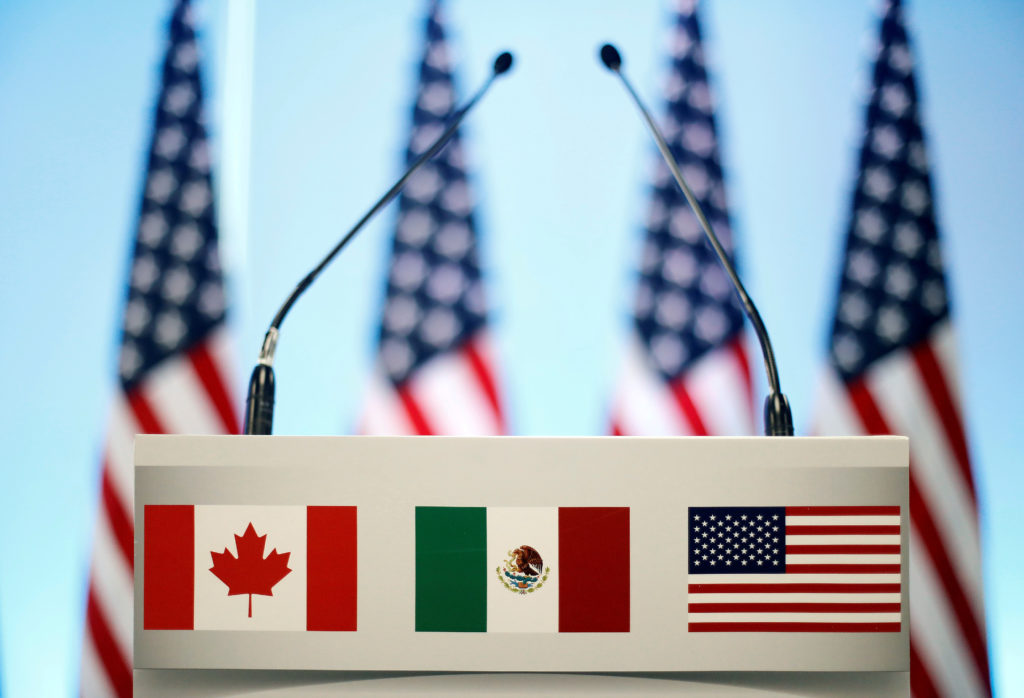Regional Approaches to Trade: An Analysis of USMCA, CPTPP, RCEP, CARICOM, ACFTA

One of the main alternatives put forward to the crisis of the multilateral trading system is a network of regional trade arrangements. Regional trade agreements are viewed as a potential alternative because they constitute one of the exceptions to the general non-discrimination rule under WTO agreements. In a panel during this Summer Institute, panelists addressed the Caribbean Community (CARICOM), the United States-Mexico-Canada Agreement (USMCA), the Regional Comprehensive Economic Partnership (RCEP), the Comprehensive and Progressive Agreement for Trans-Pacific Partnership (CPTPP), and the African Continental Free Trade Agreement (ACFTA). Panelists' compared and contrasted these regional trade agreements to understand their efficacy.
Dr. Jan Yves Remy, a former Legal Officer with the WTO Appellate Body Secretariat, stated that the Caribbean community, CARICOM—despite its geographical convenience between the Americas—is not well adjusted or integrated into global value chains due to the undiversified commodity and tourism-based economies. Due to its intergovernmental structure, CARICOM’s slow pace in implementing reforms depends on national governments. She noted that the main trading partner is the U.S. for both exports and imports. She also noted that new trade relationships are needed, especially considering the U.S.’s threatening positions on dispute settlement or its approach to developing country classification since the criteria put forward by the U.S. would exclude many of the CARICOM countries with high GDP per capita incomes.
Professor David Gantz, who has served as a panelist for NAFTA, characterized the USMCA as “NAFTA 2.0.” Over the past 26 years of the regional trade agreement’s existence regulating trade between the U.S., Mexico, and Canada, trade increased more than five-fold, resulting in total goods and services trade by 2019 of over 1.2 trillion dollars. NAFTA was more successful than almost all FTA’s besides the EU in eliminating virtually all tariffs and quotas on regional trade with the exception on a few agricultural products. NAFTA was a model for many subsequent free trade agreements concluded by the U.S., Canada, and Mexico. In fact, besides some specific areas, such as investment protection, the new USMCA is almost 70% the same as NAFTA. David explained that as of now, there are some opportunities surfacing under the new agreement. Mexico could attract more foreign investment ranging from hydrocarbons to autos and auto parts. Mexico is in an unusually good position to benefit from reshoring and near-shoring of supply lines that are now dependent on China, so such modification would to some extent disengage China economically.
Gary Horlick, a former Trade Counsel at the U.S. Senate Finance Committee and widely respected trade expert, highlighted that in 2020, 15 member countries and 5 regional partners signed the RCEP, which is arguably the largest free trade agreement in history. The RCEP is an FTA between Japan, China, and Korea, which is remarkable considering it has a lot of the world’s GDP—even larger than the U.S. or the EU. The RCEP and the CPTPP were concluded in 2018.
The CPTPP (the successor agreement of the TPP), unlike the USMCA, is intended to grow in partnership with third countries, and many countries have said they want to join (such as Korea, Indonesia, Thailand, Philippines, Costa Rica, Columbia). Due to its dynamic growing possibility, Horlick anticipates that the U.S. will have to join.
The AFCTA in the African region is the newest dynamic dimension in the trade sphere. Within the African continent, there are about 8 regional integration blocks. Those interested in the EU trade strategy are also focused on Africa because of the large, untapped markets, and it is predicted that in a few years it will have 40% of the worlds young people.